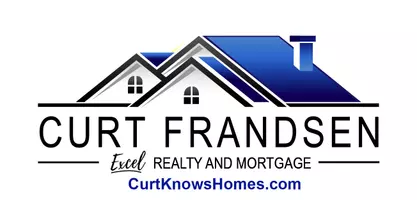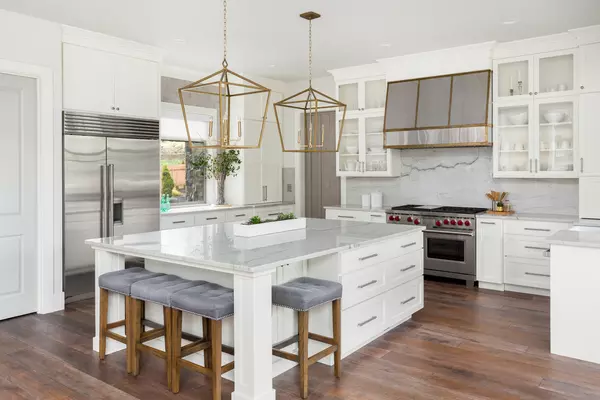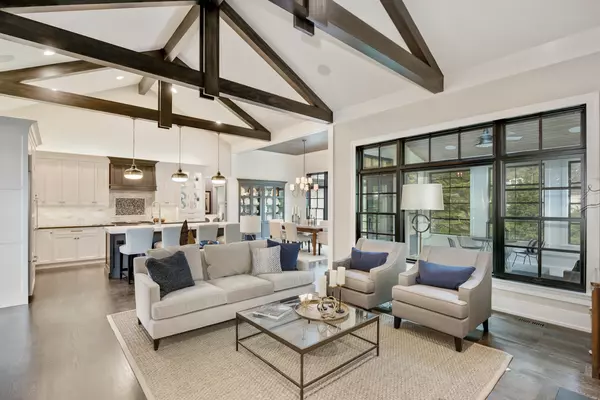Top Questions When Buying A Home
Thinking About Buying a Home? Ask Yourself These Questions

Buying a home is one of the most significant decisions you’ll ever make. It’s a complex process that requires careful planning and consideration. As a seasoned Realtor and Mortgage Broker, I’ve guided many clients through this journey, and I’ve found that asking the right questions can make all the difference. Here are some essential questions to ask yourself if you’re thinking about buying a home.
1. What Is My Budget?
Understanding your budget is the first step in the home buying process. Knowing how much you can afford will help narrow down your options and prevent you from falling in love with a home that’s out of reach.
- Monthly Payments: Consider what you can comfortably afford for your monthly mortgage payments, including principal, interest, taxes, and insurance.
- Down Payment: Determine how much you can put down upfront. The higher your down payment, the lower your monthly payments and potentially better loan terms.
- Closing Costs: Don’t forget to account for closing costs, which typically range from 2% to 5% of the loan amount.
2. What Are My Long-Term Plans?
Buying a home is a long-term commitment. Consider your future plans and how they align with homeownership.
- Staying Put: Are you planning to stay in the area for several years? Buying a home makes more sense if you plan to stay put for at least five years.
- Career Plans: Consider your career trajectory. Will your job keep you in the same location, or is there a chance you might need to relocate?
- Family Plans: Think about your family’s needs. Are you planning to start or grow your family? Make sure the home you buy can accommodate your future needs.
3. What Type of Home Do I Need?
Different homes suit different lifestyles. Consider what type of home best fits your needs and preferences.
- Single-Family Home: Offers more privacy and space, making it ideal for families.
- Condo or Townhouse: Typically requires less maintenance and may offer shared amenities like a pool or gym.
- Fixer-Upper: Can be a good investment if you’re willing to put in the work, but make sure you budget for renovations.
4. What Are My Must-Haves and Deal-Breakers?
Knowing your priorities will help you focus your search and make decisions more easily.
- Location: Proximity to work, schools, public transportation, and amenities.
- Size and Layout: Number of bedrooms and bathrooms, overall square footage, and floor plan.
- Features: Essential features like a garage, backyard, or updated kitchen. Also, consider potential deal-breakers like being on a busy street or needing major repairs.
5. Am I Financially Prepared?
Homeownership comes with ongoing expenses beyond the initial purchase. Ensure you’re financially prepared for these responsibilities.
- Emergency Fund: Maintain an emergency fund to cover unexpected repairs and maintenance.
- Homeowners Insurance: Factor in the cost of homeowners insurance, which is required by most lenders.
- Property Taxes: Understand the property tax rate in your desired area and how it will impact your budget.
6. What Is the Current Market Like?
The real estate market fluctuates, and understanding current conditions can help you make a more informed decision.
- Buyer’s or Seller’s Market: In a buyer’s market, you may have more negotiating power and options. In a seller’s market, you may face more competition and need to act quickly.
- Interest Rates: Monitor current mortgage rates as they can significantly impact your monthly payments and overall affordability.
- Market Trends: Look at recent sales data and market trends in your desired area to get a sense of property values and future appreciation potential.
7. Who Can Help Me Through the Process?
Buying a home involves many steps and legalities. Having the right professionals on your side can make the process smoother and less stressful.
- Realtor: A knowledgeable Realtor can help you find the right home, negotiate the best price, and navigate the buying process.
- Mortgage Broker: A Mortgage Broker can help you find the best loan options and secure financing that fits your needs.
- Inspector: A thorough home inspection is crucial to ensure the property is in good condition and to avoid costly surprises down the road.
Conclusion
Buying a home is a significant investment that requires careful planning and consideration. By asking yourself these essential questions, you can make a more informed decision and ensure that you’re ready for the responsibilities of homeownership.
As your trusted Realtor and Mortgage Broker, I’m here to help you navigate the home buying process and answer any questions you may have. Contact me for a free consultation, and let’s work together to make your homeownership dreams a reality!
Curt Frandsen
Realtor & Mortgage Broker
#CurtKnowsHomes
#HomeBuying #RealEstateAdvice #HomeOwnership #DreamHome #MortgageBroker #Realtor
Categories
Recent Posts



